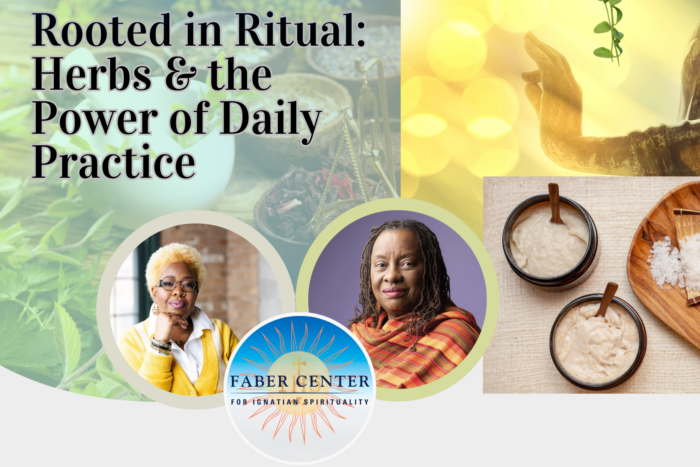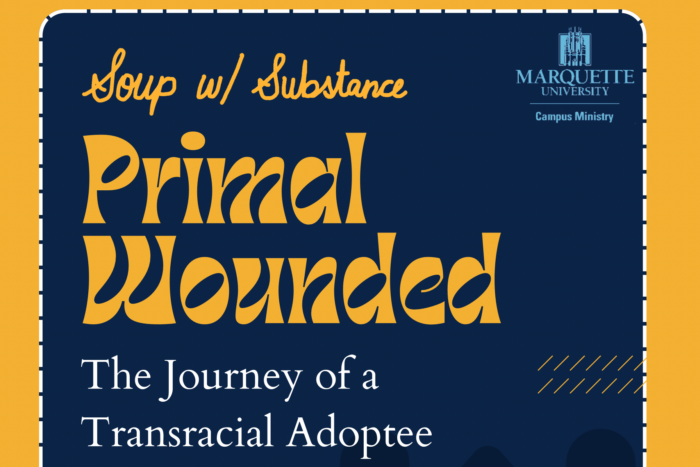
By Rev. Jim Pribek, S.J., assistant vice president of mission and ministry
In my lifetime, Lent has undergone quite a transformation. When I was a child, it centered on personal sacrifice; as an adult, I have seen it become more communal and positive, such that it is less about “giving up” something and more about “building up” our church and society. If you are still looking for a focus for your Lent and perhaps for the Easter season beyond, let me suggest an option that I think combines the best of the old and new approaches to Lent: make an Ignatian discernment.
How does this involve our personal “giving up?” Most obviously, Ignatian discernment asks us to surrender our liberty, memory, understanding and entire will to God. This surely makes giving up dessert or a favorite entertainment look small in comparison! Moreover, a thorough discernment will reveal our “inordinate attachments” — all those things, ideas and dynamics that reduce our freedom and ask us to sacrifice those, as well.
This makes a Lenten discernment seem extraordinarily personal and penitential, except our faith tells us that God never asks us to give up anything without giving something more and better in return. To this Giver of all good, we can surrender with complete trust and generosity.
How might an Ignatian discernment make our Lent more communal and joyful? Though discernment begins with deep reflection on oneself, it inevitably calls us out and into relationship and activity with God and other people. Properly done, it will involve the input of one or more trusted spiritual confidants who will offer us insight, support and accompaniment.
Furthermore, the process will lead to a resolution that, after much confirmation and testing, promises to reflect our whole selves and aligns our future actions with God’s loving desires for ourselves. Even if the discernment calls us to a challenging path forward, how can that not be joyful, knowing that God is leading and accompanying us all the way?
There are many ways you can make a Lenten discernment. You might make a retreat, seek out a temporary or ongoing spiritual director, or engage a group of “friends in the Lord” for guidance. Or you could consider joining a discernment-themed reading group that I will be offering through the Office of Mission and Ministry that will begin shortly and extend throughout the Lent and Easter seasons. We will be using Elizabeth Liebert’s short, practical, much-acclaimed book titled The Way of Discernment: Spiritual Practices for Decision Making. The groups will only involve discussion of the text, which assumes that we are all beginners at discernment. But whether this book lays the groundwork for your first discernment or your 50th, it could prove fruitful in ways you have never imagined, since God is discernment’s ultimate focus and its wise guide.
Whether you choose to discern this or another way, this Lent and spring could involve prayer and practices both old and new, challenging and encouraging, if you choose to center this season on Ignatian discernment. Thanks for your consideration and camaraderie as we journey into Lent.



